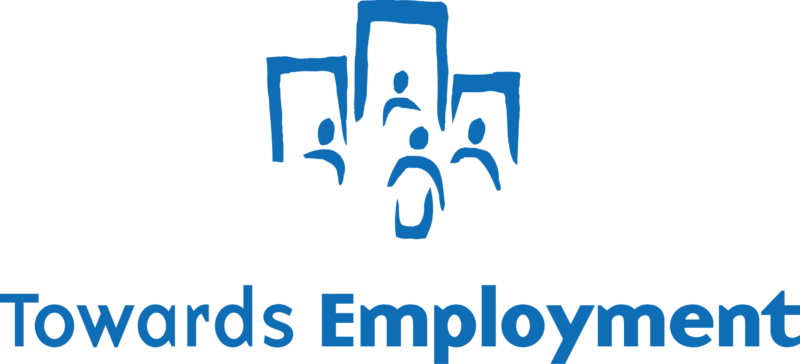Real-Time Takes: Second Sentence

Real-Time Takes
A Policy Blogcast
The Second Sentence
Interview with Tammy McCrimon & Renee Ditchburn
July 7, 2023
Interview by Brian Balogh
A recent New York Times article delved into a devastating fact: over 60 percent of those leaving prison in the United States are unemployed a year later. While prejudice against returning citizens is hardly a thing of the past, recent polling suggests that the majority of Americans believe that people who have been convicted of crimes deserve a second chance.1
A major reason for the disconnect between the facts on the ground and public opinion is something that experts who work with reentering citizens call “collateral consequences.” These are the legally imposed barriers that those who have served their time face, hurdles that I have come to view as a second sentence.
When I sat down with a Program Manager at Towards Employment (Renee), and a woman she mentored in that organization’s workforce development program (Tammy) they agreed that the obstacles that they faced once they stepped out of prison were just as daunting as their stint behind bars.
Renee thought of the comparison between prison and what she endured after prison was fair:

And Tammy:

That record makes it hard to find landlords who will rent to you, even if you can prove that you have the income to pay the rent. It follows you to every job interview. In Ohio roughly one out of every four jobs is blocked or restricted by 850 laws that limit opportunities for people who have already served their time.2
In fact, the majority of suspended licenses are due to these kinds of reasons, not unsafe driving. Driver’s licenses can be suspended or blocked for failure to pay child support, for failure to keep current with auto insurance, and for failure to pay the fines and fees generated by the criminal justice system -- most frequently for failure to appear in court. For instance in 2020 1,340,000 licenses were suspended for failure to prove that the driver had insurance; almost a million were suspended because of an outstanding warrant like failure to appear in court.
The unjust, and in some instances, unconstitutional application of fees and fines is a national problem. In fact, the U.S. Department of Justice warned that because this practice falls disproportionately on “low-income communities and people of color,” far too often it “traps individuals and their families in a cycle of poverty and punishment that can be nearly impossible to escape." 4 Nor does the practice make economic sense. A very low percentage of the $920 Million in outstanding debt in Ohio is actually collected once that debt is more than a year old. Yet, failure to pay off the entire debt can prevent individuals from obtaining a driver’s license for decades.
I asked Tammy how she could meet her financial burdens if she had just been in prison:

Renee picked up the saga from there:

Multiply the barriers that Tammy and Renee discussed, double or triple them in number and cost for many people, consider that the vast majority of people returning from prison don’t have the expertise and resources of a Towards Employment behind them, and you get good feel for the second sentence that so many of our neighbors face daily.
Listen to the Full Interview

About the Author
Brian Balogh is an award winning Professor of History Emeritus in the Corcoran Department of History at the University of Virginia, with multiple published titles. He founded and recently stepped down as director of the Jefferson Scholars Foundation National Fellowship Program which has funded 185 dissertation completion fellowships for scholars from some of the top Ph.D. programs in the world, studying American politics and public policy from an historical perspective. He was a cohost of the popular public radio show, then podcast, Backstory with the American History Guys. Balogh focuses on 20th Century U.S. Politics, Environmental History, the history of Science and Technology, and the history of Media and Politics.
Towards Employment
Policy & Advocacy
Towards Employment promotes economic mobility, focusing on those most impacted by systemic racism. We educate and advocate for a more equitable workforce system where racial income gaps have been eliminated and everyone has access to family sustaining wages and quality jobs.

